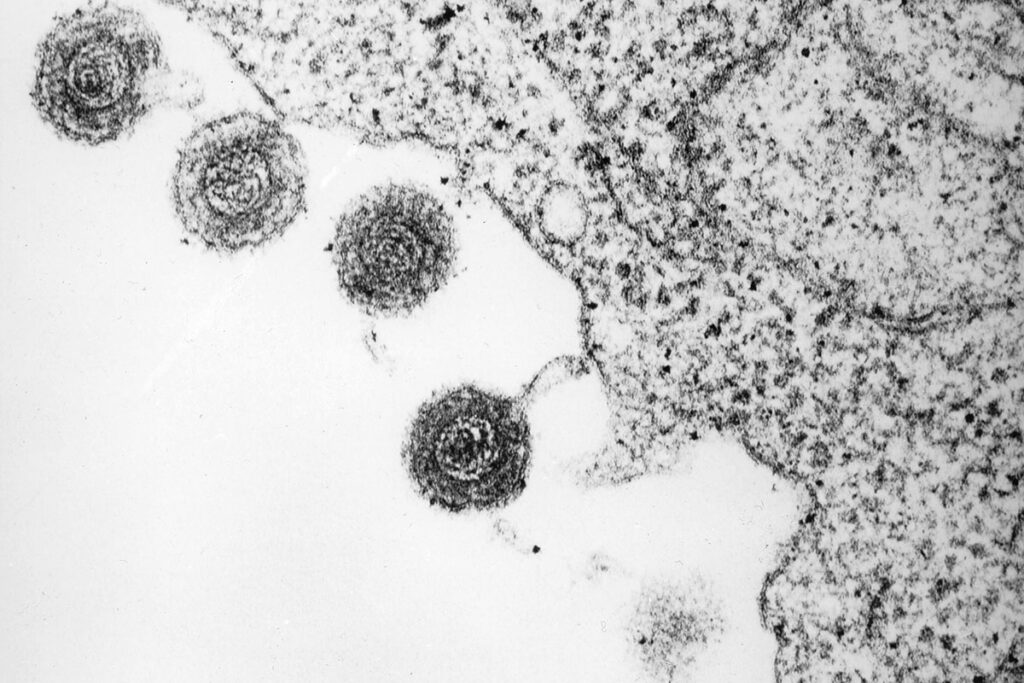Autoimmune diseases such as rheumatoid arthritis and Type 1 diabetes are thought to arise when people with a genetic susceptibility to autoimmunity encounter something in the environment that triggers their immune systems to attack their own bodies. Scientists have made progress in identifying genetic factors that put people at risk, but the environmental triggers have proven more elusive.
New way viruses trigger autoimmunity discovered

View Content